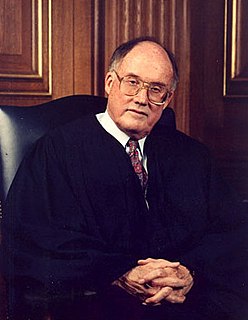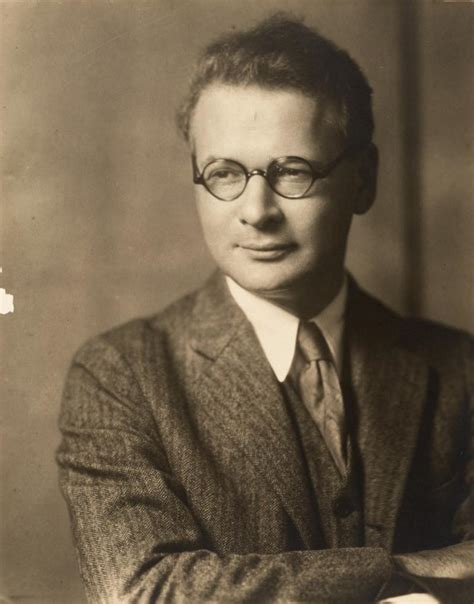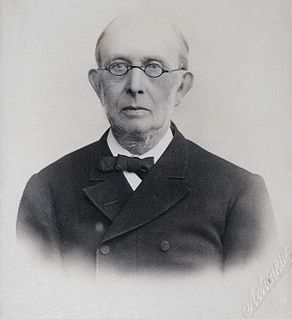A Quote by Saul Alinsky
The democratic ideal springs from the ideas of liberty, equality, majority rule through free elections, protection of the rights of minorities, and freedom to subscribe to multiple loyalties in matters of religion, economics, and politics rather than to a total loyalty to the state. The spirit of democracy is the idea of importance and worth in the individual, and faith in the kind of world where the individual can achieve as much of his potential as possible.
Quote Topics
Achieve
Democracy
Democratic
Economics
Elections
Equality
Faith
Free
Free Elections
Freedom
His
Idea
Ideal
Ideas
Importance
Individual
Kind
Liberty
Loyalty
Majority
Majority Rule
Matters
Minorities
Much
Multiple
Politics
Possible
Potential
Protection
Rather
Religion
Rights
Rule
Spirit
Springs
State
Subscribe
Than
Through
Total
World
Worth
Related Quotes
France placed the state above society , democracy above constitutionalism, and equality above liberty. As a result, for much of the nineteenth century it was democratic, with broad suffrage and elections, but hardly liberal. it was certainly a less secure home for individual freedom than was England or America.
At the heart of the First Amendment is the recognition of the fundamental importance of the free flow of ideas and opinions on matters of public interest and concern. The freedom to speak one's mind is not only an aspect of individual liberty - and thus a good unto itself - but also is essential to the common quest for truth and the vitality of society as a whole. We have therefore been particularly vigilant to ensure that individual expressions of ideas remain free from governmentally imposed sanctions.
The democratic rule that all men are equal is sometimes confused with the quite opposite idea that all men are the same and that any man can be substituted for any other so that his differences make no difference. The two are not at all the same. The democratic rule that all men are equal means that men's being different cannot be made a basis for special privilege or for the invidious advantage of one man over another; equality, under the democratic rule, is the freedom and opportunity of each individual to be fully and completely his different self. Democracy means the right to be different.
In a Democracy, the real rulers are the dexterous manipulators of votes, with their placemen, the mechanics who so skillfully operate the hidden springs which move the puppets in the arena of democratic elections. Men of this kind are ever ready with loud speeches lauding equality; in reality, they rule the people as any despot or military dictator might rule it.
What frightens me about America today is that in the large majority there is no active sense of the value of the individual: few citizens feel that they are the Republic, responsible for what happens. And when the individual in a democracy ceases to feel his importance, then there is grave danger that he will give over his freedom, if not to a Fascist State, then to the advertising men or Publicity Agents or to the newspaper he happens to read.
Democracy is essentially a means, a utilitarian device for safeguarding internal peace and individual freedom. As such it is by no means infallible or certain. Nor must we forget that there has often been much more cultural and spiritual freedom under an autocratic rule than under some democracies and it is at least conceivable that under the government of a very homogeneous and doctrinaire majority democratic government might be as oppressive as the worst dictatorship.
I know a whole generation has been raised on the notion of multiculturalism; that all civilizations are just different. No! Not always. Sometimes things are better! Rule of law is better than autocracy and theocracy; equality of the sexes, better; protection of minorities, better; free speech, better; free elections, better; free appliances with large purchases, better! Don't get so tolerant that you tolerate intolerance.
The great ideas of the West - rationalism, self-criticism, the disinterested search for truth, the separation of church and state, the rule of law, equality before the law, freedom of conscience, thought, and expression, human rights, and liberal democracy- quite an achievement, surely, for any civilization- - remain the best, and perhaps the only, means for all people, no matter of what race or creed, to reach their full potential and live in freedom.
Democracy maintains that government is established for the benefit of the individual, and is charged with the responsibility of protecting the individual, and is charged with the responsibility of protecting the rights of the individual and his freedom in the exercise of his abilities. Democracy is based on the conviction that man has the moral and intellectual capacity, as well as the inalienable right, to govern himself with reason and justice.
I am an adherent of the ideal of democracy, although I well know the weaknesses of the democratic form of government. Social equality and economic protection of the individual appeared to me always as the important communal aims of the state. Although I am a typical loner in daily life, my consciousness of belonging to the invisible community of those who strive for truth, beauty, and justice has preserved me from feeling isolated.
Any group or "collective," large or small, is only a number of individuals. A group can have no rights other than the rights of its individual members. In a free society, the "rights" of any group are derived from the rights of its members through their voluntary individual choice and contractual agreement, and are merely the application of these individual rights to a specific undertaking... A group, as such, has no rights.
I have often asked Americans wherein they consider their freedom superior to that of the English, but have never found them able to indicate a single point in which the individual is worse off in England as regards his private civil rights or his general liberty of doing and thinking as he pleases. They generally turn the discussion to social equality, the existence of a monarchy and hereditary titles and so forth - matters which are, of course, quite different from freedom in its proper sense.





































